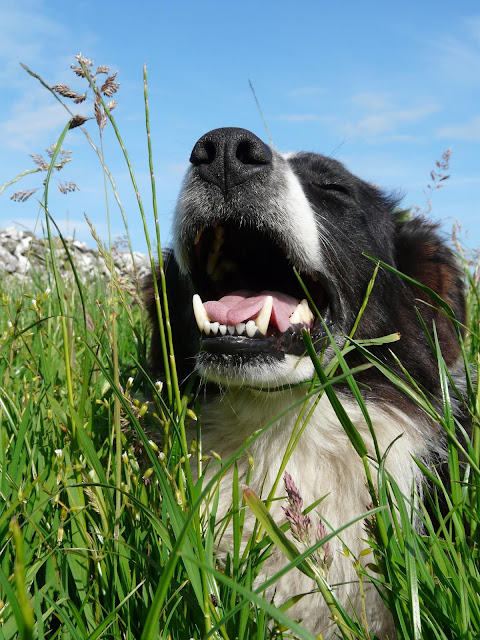"One day, we will see our animals again in the eternity of Christ, Paradise is open to all Gods creatures." Pope Francis
Pope Francis consoled a boy at the Vatican who's beloved pet had recently died. He told the boy that one day we will be reunited with our pets in Paradise.
Pope Francis took his papal name from Saint Francis of Assisi the patron saint of animals.
The Popes statement goes against the conservative catholic church that does not believe dogs have souls hence they can not go to heaven.
Charles Camosy professor of Christian ethics at Fordham University agreed that this statement from the Pope has caused a new debate on whether animals have souls, suffer and go to heaven.
Pope John Paul II was also a believer that animals do have souls "as close to God as man" but Pope Benedict rejected the idea that animals have souls "when an animal dies it just means the end of its existence on earth".
The Rev. James Martin, a Jesuit priest and editor at large of America, the Catholic magazine, said he believed that Francis was at least asserting that “God loves and Christ redeems all of creation,” even though conservative theologians have said paradise is not for animals.
Many are of the opinion that you can see more soul when you look into a dogs eyes than you will ever see in a person.



















